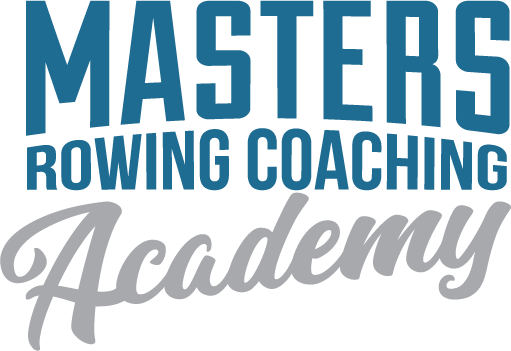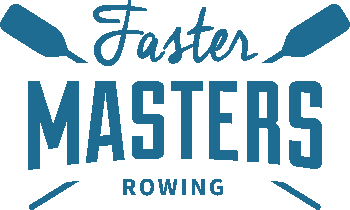You’re likely a rowing coach with a track record. You’ve coached a while, starting with youth rowers and maybe some of the older athletes.
And now you have a new challenge: coaching masters.
The thought of coaching people older than yourself is daunting. I’m not sure why – maybe some of them were YOUR coach when you were in training, maybe you have uncertainties about how hard you can push them or whether technique should adapt for older athletes.
A quick online search will show results like this image below.
It’s RUBBISH for rowing coaches.
Mis-directed advice, inappropriate for rowing and shows the ignorance of our sport from the writer. You can do better than this.

Coaching older athletes
The first thing that you need to know about coaching older athletes is that they don’t want to be “treated gently” or “wrapped in cotton wool”. An athlete is an athlete, is an athlete.
As a coach you have to understand what their capabilities and limitations are. Just like when you coach young people who are still growing, maturing and gaining skill they can’t instantly jump in a boat and row steady state for 90 minutes. Older athletes want to have a quality sporting experience. They want a pathway to improved skill and fitness and to have fun along the way.
Your job as a coach is to create that environment which enables each athlete to flourish.
8 hallmarks for coaching
The eight hallmarks which masters rowing coaches use to shape the experience of the mature adults they work will reflect on the needs of their masters athletes which are different from those of youth, adolescent, or high-performance athletes.
When you understand these, you’ll find it straightforward to adapt the structure of your coaching preparation, your session structure, your briefing, your vocal delivery, your feedback and your follow up.
When you first start with a new group of rowers, it’s helpful for you to understand what they are capable of doing. A functional movement assessment will give you objective measures to understand their flexibility and mobility. After all, here at Faster Masters Rowing, we frequently say that masters rowing is “Rowing With Adaptations”.
In summary: The coaching focus learning points from this article are….
- Don’t google search for advice on how to coach masters
- Learn how to treat older athletes with respect
- Assessing mobility and fitness helps you adjust your coaching practice
Get yourself coaching certified
Take the US Rowing Masters Rowing Coach Certification course and learn the detail for yourself.



